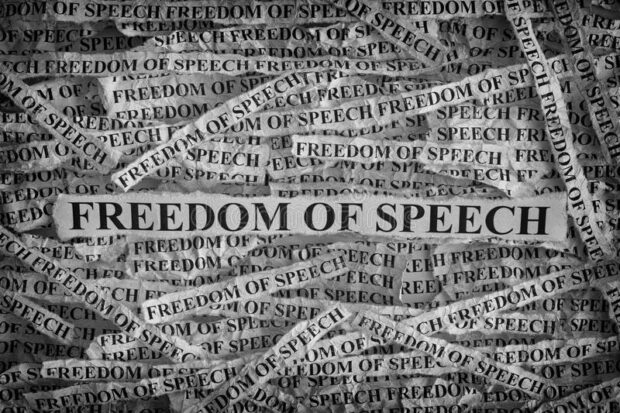By Rob Meyne
- April 12, 2022
- 3-min read
There are countless times, in any given day, you are likely to hear references to “two Americas.” Depending on the speaker, issue, and occasion, one person may not even be picturing the same two Americas as another.
Americans get their information from different sources and in ways that didn’t exist not that long ago. Whatever you presume to be a “fact” depends on where you get news, who you trust, and what they believe.
People also believe something a friend or family member tells them more easily than information from another source. Whether it is true has nothing to do with it. Countless Americans think Donald Trump said, “Nazis and white supremacists are fine people” or that a new bill in Florida prohibits people from saying the word “gay,” or that Republican-sponsored state laws restrict voting rights of black Americans. None of these three beliefs is true. But people have heard it and assume it is true.
The digital age has increased the amount of information we can access, but its reliability isn’t what it once was. Most people don’t have the time, interest, or expertise to check key facts in every story they come across. It is understandable. People are busy.

